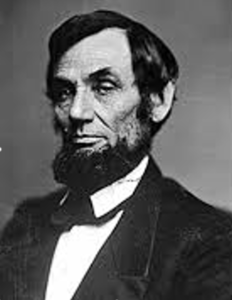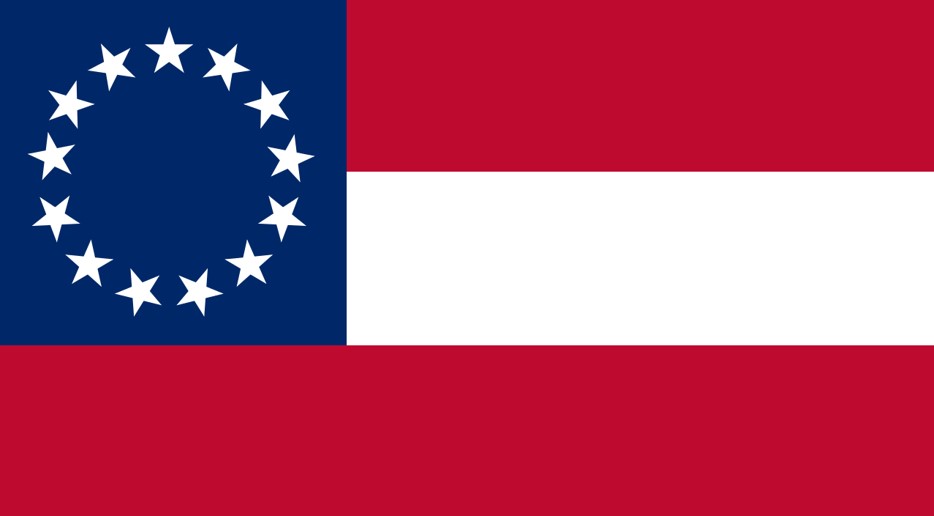Commander-in-Chief Abraham Lincoln, of the united States, issues a call for 400,000 State sovereign Citizens to join the Army of the united States.
[restored 2/16/2025]
Republican President Abraham Lincoln, of the united States—without a constitutional amendment—signs the Morrill Land-Grant College Act, providing 30,000 acres of federal land to each “loyal” State for each Representative and Senator, for the purposes of establishing government-run agricultural and mechanical colleges.
NOTES:
- The word “education” does not appear in the Constitution for the united States.
- This is the further realization of plank number ten of the Communist Manifesto by Karl Marx.
[updated 2/16/2025]
Subsequent Events:
Authority:
“Law of the Jungle”
ccc-2point0.com/preface
References:
Bruce Catton, The Civil War, (New York: American Heritage, 1960; Boston: Houghton-Mifflin, 1987), 289-90.
Thomas J. DiLorenzo, Lincoln Unmasked: What you are not supposed to know about dishonest Abe, (New York: Crown-Forum, 2006), 110-11.
Calvin D. Linton, ed. The Bicentennial Almanac: 200 Years of America, 1776-1976, (Nashville, Tennessee: Thomas Nelson, 1975), 170.
Why the Republican Party Elected Lincoln by Thomas J. DiLorenzo
www.lewrockwell.com/dilorenzo/dilorenzo53.html


